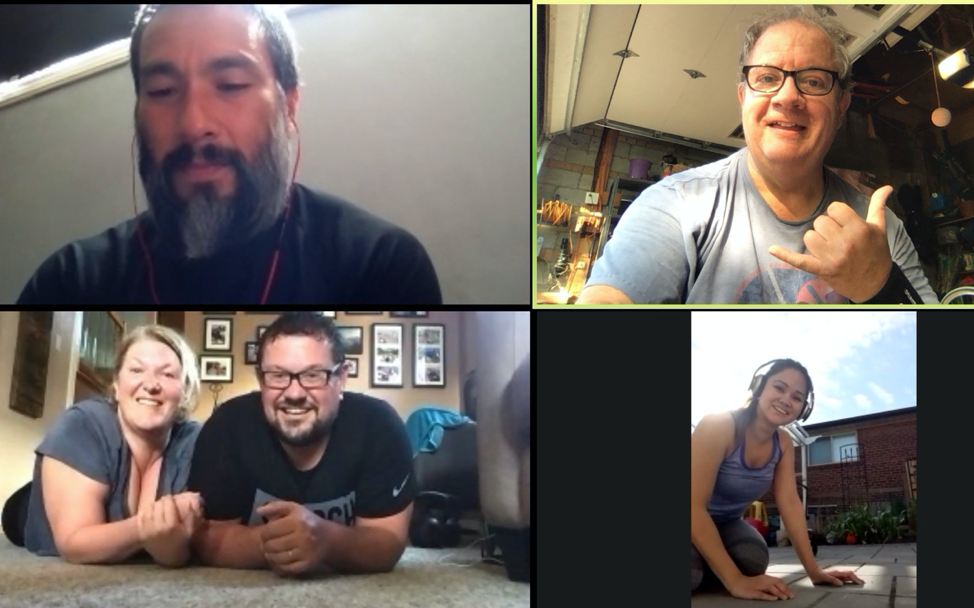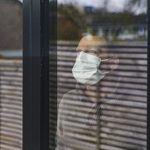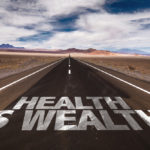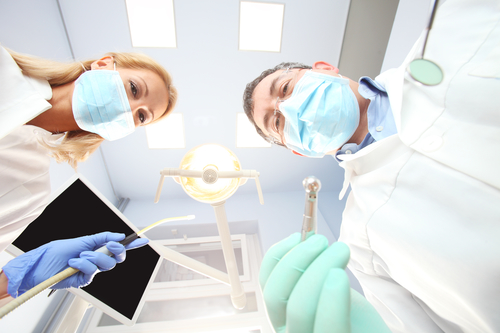By Darin Diehl
Special to the Financial Independence Hub

I was crushing it on the morning of May 17, 2020. The kettle bells somehow felt a little lighter that Sunday: even as my trainer, who I have worked with for a decade, was driving us a little harder that morning. Three times a week my classmates and I gathered online for this punishment: with most of us taking in a yoga stretch class up to three more times a week with the same trainer. It had all become part of the Covid-19 lockdown routine, along with all the bread and cookie baking.
But later that morning I developed some discomfort horizontally across my chest that I thought might just be muscle strain. And while this sensation abated by midday, I also started to feel nauseous, headachy and would later develop the chills. These symptoms led me to bed for the next few days. My wife and I wondered about Covid, but by Thursday of that week all the symptoms had gone. However, I was now feeling a new chest irritation – more centred in my chest versus across my chest as before.
My wife’s cousin, a nurse, had sent us a list of updated Covid-19 symptoms and encouraged us to call Ontario Telehealth and walk through the screening questions. I waited till Friday, May 22 to do that. The nurse asked me all the Covid questions but was most interested in me describing the different chest pains I felt that day and five days earlier. Then, in a decision that I believe may have saved my life, she told me she believed I had suffered a heart attack and was ordering an ambulance.
Maybe you are thinking, ‘Of course you had a heart attack you idiot.’ But, hey, I had never had one before and there was no chest clutching or left arm pain – any of the stuff you hear about. So, as my wife, my younger of two daughters and son waited with me for the ambulance we mused that at least I’d get checked out and undergo a Covid-19 test.
“Mr. Diehl, you’ve had a heart attack.”
I was taken to the Covid-19 emergency intake at Trillium Health Partners, Mississauga Hospital just a 10-minute drive from our home. I was swabbed and blood was drawn for a battery of tests. At one point in the afternoon a doctor came to see me and said I’d likely be sent home and asked to self-isolate until they called with my Covid-19 test results. But he first wanted to conduct a couple more blood tests for specific heart attack indicators. I was arranging pick up with my wife when he returned a little later and told me, “Mr. Diehl, you’ve had a heart attack.”
The words, spoken so manner of fact, left me stunned. I recovered from the initial shock and asked what would happen next. The answer was more tests, including chest scans. The next day a cardiologist came by and explained that I would be undergoing an angiogram in a few days so they could see what was happening inside my heart. And it seemed that indeed that was a heart attack I’d experienced on Sunday, May 17th and that as a result the sack around my heart had become irritated and inflamed by the following Thursday, when I started to feel the second chest discomfort.
Later that evening the cardiologist paid me another visit to mention that one of the scans indicated nodules on both of my lungs which would need to be investigated. That night it all caught up to me. Alone in an isolated room (my Covid test result was still pending), no visitors allowed, and news of a heart attack and “some other problem” in my lungs bouncing around in my head, I cried for some time in fear and shock. What the hell just happened? I had been exercising regularly, had never been under treatment for high cholesterol and I was not a smoker.

By Sunday morning I arrived on the cardiac floor. My Covid-19 test was negative (I’d have three more negative tests before leaving the hospital). My angiogram was scheduled for the following Tuesday. A respiratory doctor had come in to talk to me about the nodules on my lungs, explaining that they could be a number of things, some more worrisome than others. At this point no one had said the word cancer, yet there it was taking up residence inside my thoughts. But for now, we’d all focus on the heart.
My angiogram revealed I would need at least four bypasses as some of the plumbing feeding my heart had blockages ranging from 30 per cent to almost 100 pe rcent. I was told I could be scheduled for the procedure by the end of the week. In fact, on Thursday morning a nurse came into my room and shaved my chest, arms, thighs and nether regions to prep me for possible surgery that afternoon.
But there was a problem. I had developed a gastrointestinal issue which at first, they thought might be a reaction to some of the myriad medications I was on. But by noon I learned my surgery was canceled because, as a doctor explained to me, I had a parasite. Confusion and incredulity were the feelings of the moment as the he asked if I’d recently been to a farm or agricultural plantation. I mean, it’s 2020 and all, but this was just nuts. “Perhaps you should test me for Ebola,” I quipped. He chuckled and said my system would clear the parasite in a day or two, so no worries.
My surgery was rescheduled for Monday, June 1st. I was feeling good because I’d checked on the reputation of the surgeon and he was clearly an ace. In fact, to that point I had experienced an array of fantastic medical professionals – doctors, nurses and nurse practitioners, various technicians – all of them so well qualified and so compassionate. Continue Reading…







